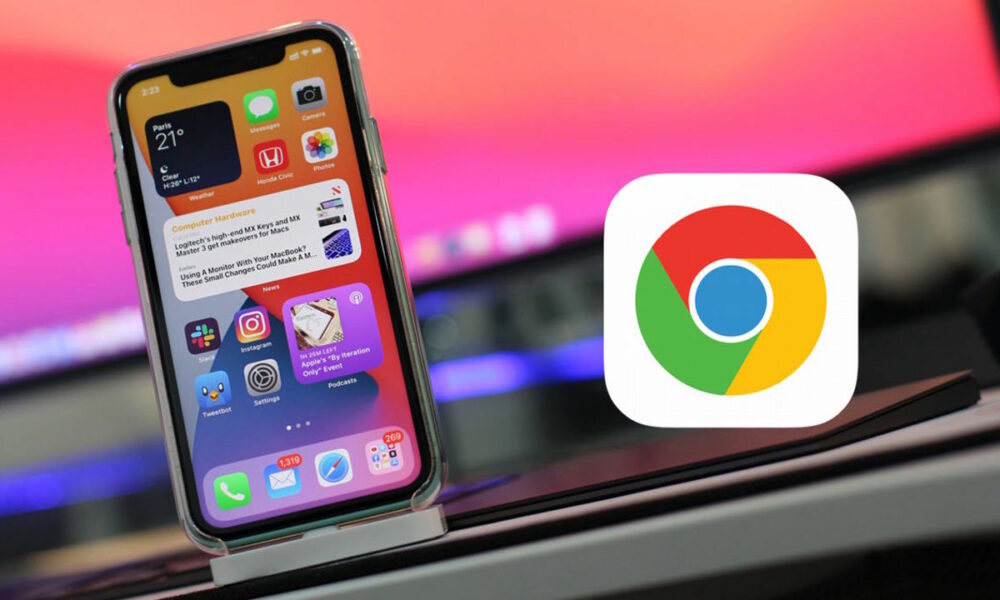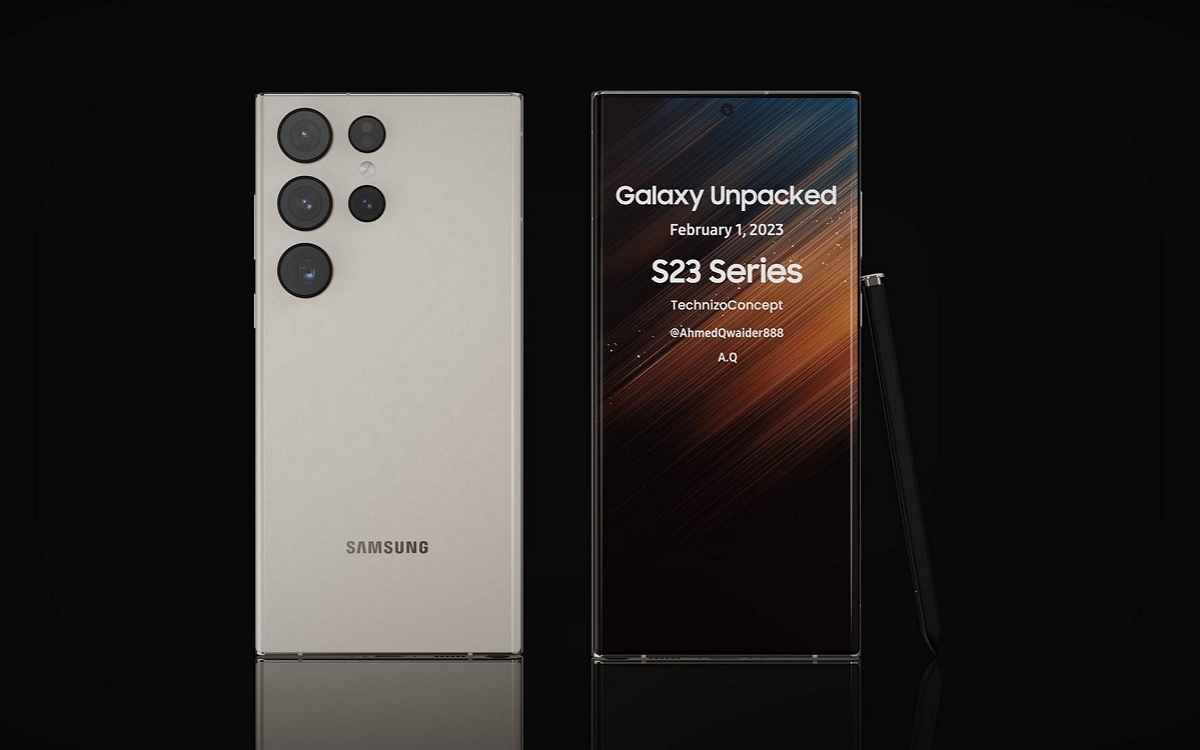
That iOS It is the most closed operating system of all the popular ones on the market, it is a fact that even Apple publicly boasts about. That fenced garden not only prevents or at least makes it difficult for third-party stores, but is also a complete dictatorship for third-party web browsers, which are forced to use the WebKit rendering engine employed by Safari.
Although it is possible to download third-party web browsers for iOS through the App Store, they all have to rely on the WebKit engine that comes pre-installed with Safari.. The most extreme case is that of Firefox, whose rendering engine, which has no relationship with WebKit, cannot be used in Apple’s mobile operating system due to the aforementioned impositions.
The situation of Safari and WebKit within iOS is quite controversial, since Pavel Durov, founder of the Telegram messaging service, accused Apple of boycotting webapps on its mobile system by not incorporating certain features and technologies that have been consolidated for a long time. time, such as notifications, video stickers in WebM format and audio playback in Opus format. In other words, the development of WebKit for iOS is allegedly semi-abandoned on purpose by Apple, which means yet another stone in the road for third-party web browsers and webapps.
Is there a way to bypass the enforcement of using WebKit on iOS? It seems that Google has begun work to be able to use the Chromium/Chrome rendering engine, Blink, in Apple’s mobile operating system. While it is true that Blink was born as a fork of WebKit, the situation of said rendering engine in iOS may be an incentive to try to develop a port of Blink. From Google they talk about a prototype that is part of a broader open source initiative and for now it does not seem that there will be results in the short term.
Google’s attempt to bring Blink to iOS may be a move in the wake of the situation that Apple’s fenced garden has experienced in recent years, which has been questioned by rivals such as Epic Games. The US government wants Google and Apple to open up their ecosystems more and points to regulatory changes in the European Union that would force the bitten apple giant to allow third-party stores.
We’ll see how the story of porting Blink to iOS ends, but it stands to reason that it would be ugly to force Apple to accept third-party stores and at the same time allow it to impose WebKit to all web browsers. If alternative rendering engines are allowed, we should be able to see both Chromium’s Blink and Firefox’s Quantum/Gecko on iOS.




